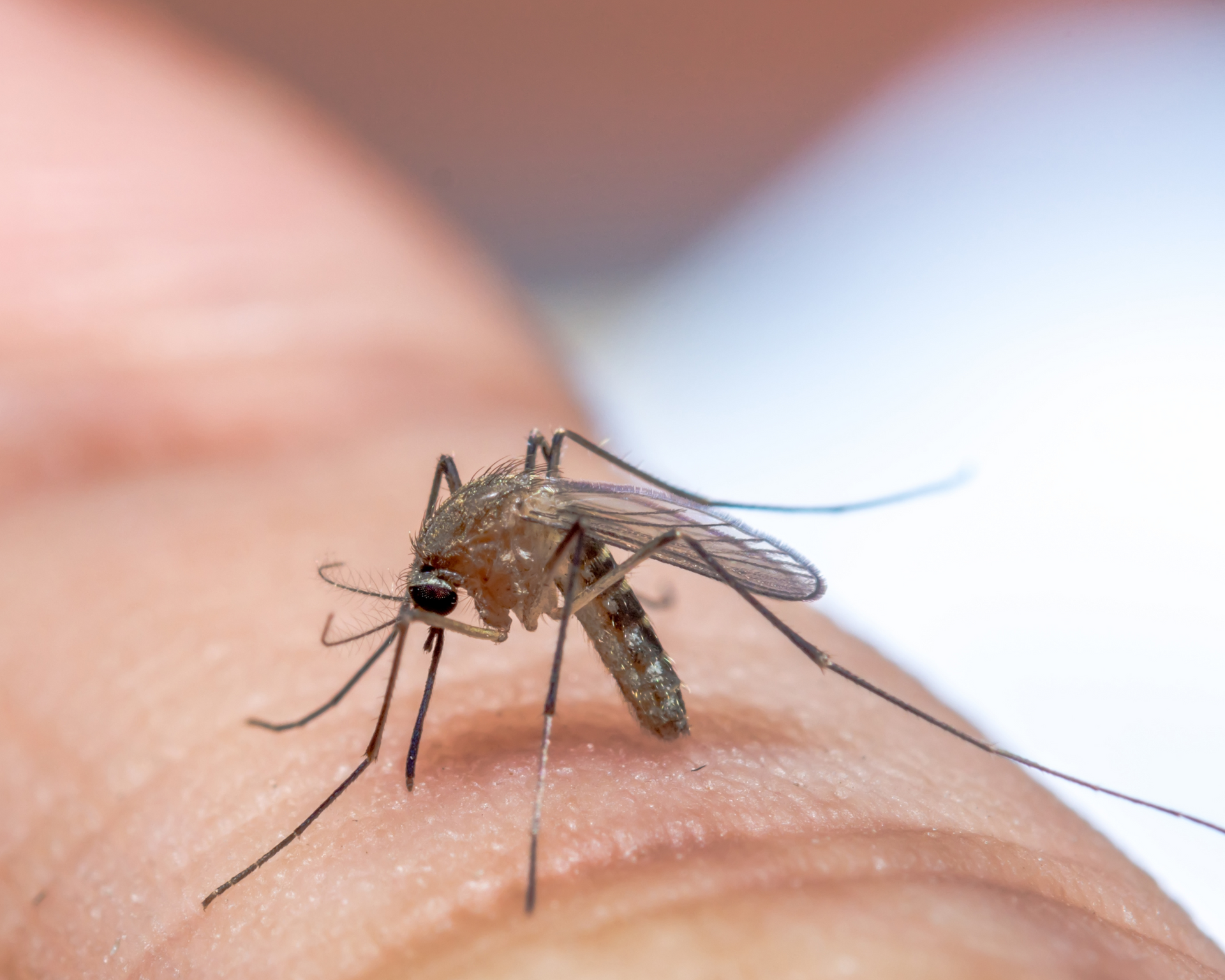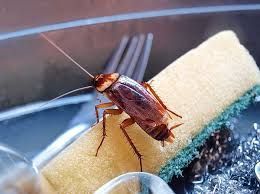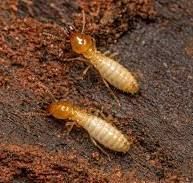What Are the Best Natural Ways to Deter Mosquitoes?
Natural Ways to Deter Mosquitoes
Mosquitoes can turn a relaxing evening outdoors into an itchy nightmare. While chemical repellents are effective, many people prefer natural ways to deter mosquitoes that are safer for their health and the environment. Fortunately, there are several natural solutions that can help keep these pesky insects at bay.
Here are some of the best natural mosquito repellents you can use to protect yourself and your home.
1. Lemongrass – A Natural Mosquito Shield
Lemongrass is not only known for its fresh, citrusy scent but also for its ability to repel mosquitoes. This plant contains citronella, a natural oil that masks the human scent that attracts mosquitoes. In fact, research shows that citronella can reduce mosquito landings by nearly 40% for up to 2.5 hours.
How to Use Lemongrass as a Mosquito Repellent:
You can grow lemongrass in your garden or make a homemade mosquito spray using the following steps:
Ingredients:
- 1 stalk of lemongrass
- 1 tablespoon of essential oil (lavender or citronella works best)
- 2 cups of water
- A spray bottle
Instructions:
- Chop the lemongrass into small pieces.
- Blend it with a small amount of water to extract the oils.
- Strain the mixture and pour it into a spray bottle.
- Add essential oil and shake well.
- Spray the mixture on your skin or around outdoor seating areas.

2. Coffee Grounds – A Simple yet Effective Trick
Did you know that mosquitoes hate the smell of coffee? Burning used coffee grounds releases an odor that disrupts mosquitoes’ ability to locate their next meal, you!
How to Use Coffee Grounds to Repel Mosquitoes:
- Collect used coffee grounds and let them dry completely.
- Place them in a fire-safe container lined with aluminum foil.
- Light the coffee grounds with a match and let them smolder.
- Position the container near seating areas to keep mosquitoes away.
The smoke creates a natural barrier, preventing mosquitoes from honing in on human scents. Just be sure to place the container on a fire-safe surface to avoid accidents.
3. Garlic – A Natural Mosquito Barrier
Garlic does more than add flavor to your meals, it also acts as a mosquito repellent! This is because sulfur compounds found in garlic are toxic to mosquitoes when ingested and can help deter them from your space.
How to Make a Garlic Mosquito Spray:
- Blend 3 cloves of garlic with 2 cups of water until smooth.
- Strain the liquid and pour it into a spray bottle.
- Spray the mixture around doors, windows, and stagnant water where mosquitoes tend to breed.
If you don’t want to spray garlic around your home, you can also eat it. Some people believe that consuming garlic makes your body less attractive to mosquitoes, but this method works best when combined with other repellents.
4. Mosquito-Repelling Plants
Adding mosquito-repelling plants to your garden is an effortless way to reduce mosquito populations. Some of the best choices include:
- Citronella – Known for its strong citrus scent, citronella confuses mosquitoes and keeps them at bay.
- Lavender – The calming scent of lavender repels mosquitoes and can also soothe itchy bites.
- Marigolds – These bright flowers contain pyrethrum, a natural insect repellent.
- Basil – Not only great for cooking, but basil also keeps mosquitoes and flies away.
- Peppermint – A minty scent that mosquitoes dislike. Crushed peppermint leaves can be applied to the skin for extra protection.
5. Eliminating Mosquito Breeding Sites
Even with natural repellents, mosquito populations can thrive if there are plenty of breeding grounds. Mosquitoes lay their eggs in standing water, so reducing these sources is one of the most effective ways to keep them under control.
- Empty birdbaths, flower pot saucers, and clogged gutters.
- Change water in pet bowls and fountains frequently.
- Fill in puddles or low-lying areas where water collects.
6. Essential Oils – A Natural Bug Spray Alternative
Certain essential oils work as natural mosquito repellents. Some of the most effective include:
- Oil of Lemon Eucalyptus (OLE) – Recognized by the CDC as a natural mosquito repellent.
- Lavender Oil – Pleasant for humans, but mosquitoes avoid it.
- Tea Tree Oil – Antimicrobial and insect-repelling properties.
- Cinnamon Oil – Can disrupt mosquito eggs and larvae.
To make a DIY mosquito repellent spray, mix 10-15 drops of your preferred essential oil with 2 tablespoons of witch hazel and 2 cups of water in a spray bottle. Shake well and apply to exposed skin before heading outdoors.
Final Thoughts
Using natural ways to deter mosquitoes can be a great way to protect yourself without resorting to chemical sprays. However, their effectiveness depends on mosquito populations and environmental conditions. Using multiple methods, such as planting repellent plants, eliminating standing water, and using natural sprays—can help create a mosquito-free environment.
Want To Learn More? Contact Us
If you still experience a persistent mosquito problem, professional mosquito control may be the best option. Don't hesitate to contact us and get to know how our different pest control services can solve your pest problem.
Until then, try these natural solutions to enjoy your outdoor space without the buzz and bites!
Like this post? Share it here...






